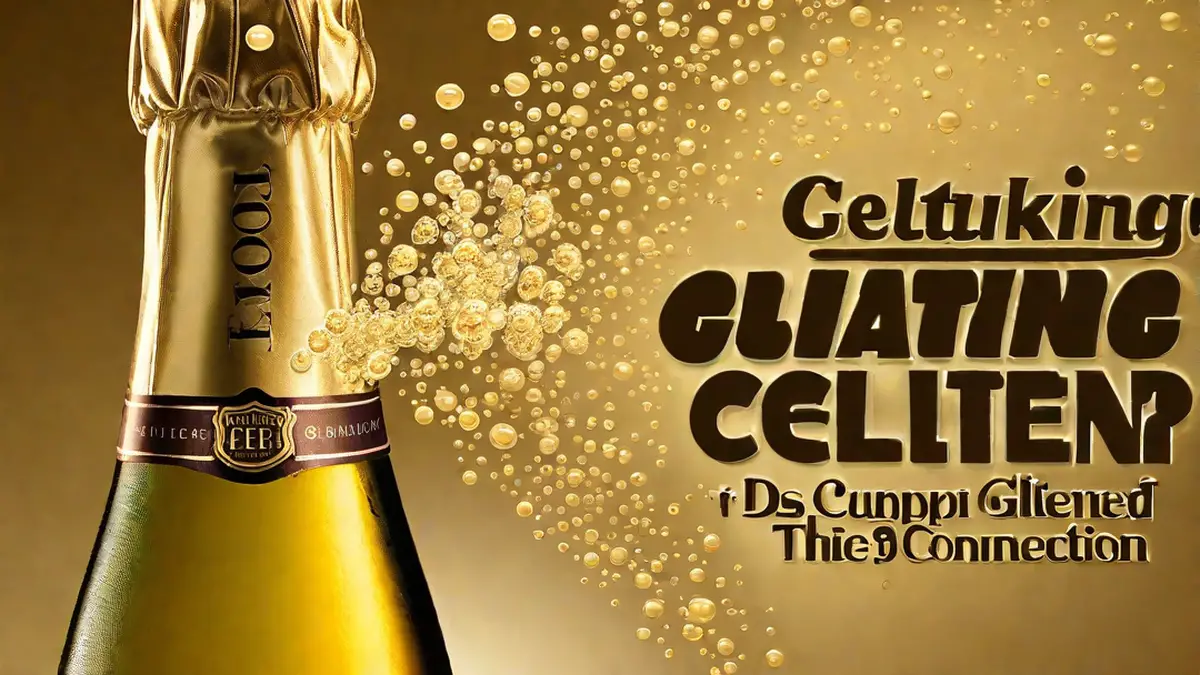Have you ever wondered if champagne contains gluten? As someone who loves wine and follows a gluten-free diet, this question has always intrigued me. In this article, I’m going to delve deeply into the topic and provide you with all the information necessary to decide whether champagne is gluten-free.
Before we dive into the specifics, let’s understand what gluten is. Gluten is a type of protein found in wheat, barley, rye, and other related grains. It can cause an adverse reaction in individuals with celiac disease or gluten sensitivity. As someone who has to be mindful of their gluten intake, it is important for me to know if champagne, one of my favorite celebratory beverages, is gluten-free.
Champagne is primarily made from grapes, yeast, and sugar, so it is naturally gluten-free. However, some champagnes may have trace amounts of gluten due to the production process. The potential sources of gluten in champagne can be the additives used during fermentation or the clarifying agents used to make the wine clear and bright.
One common additive in champagne production is the use of fining agents, such as egg whites or gelatin. These agents help to remove any solids or impurities from the wine, resulting in a clear and visually appealing product. While egg whites and gelatin are not sources of gluten, it’s important to note that some fining agents may contain gluten if derived from wheat or barley. However, many champagne producers now use gluten-free fining agents, making the majority of champagnes safe for those with gluten intolerance.
To be certain about a specific champagne brand’s gluten content, it is always best to check directly with the producer or refer to their website for detailed information. Champagne houses are becoming more transparent in their production methods and labeling, making it easier for consumers to make informed choices.
When it comes to enjoying champagne in a gluten-free manner, one thing to keep in mind is the serving vessel. Some champagne flutes are made from lead crystal or have a gold or silver rim, which may contain traces of gluten due to the manufacturing process. Therefore, it is recommended to opt for champagne flutes made from glass or stainless steel to ensure a gluten-free experience.
In conclusion, while the majority of champagnes are gluten-free, it is always advisable to do your due diligence and check with the producer or refer to their website for confirmation. By being aware of the potential sources of gluten in champagne and making informed choices, you can confidently enjoy this sparkling beverage without compromising your gluten-free lifestyle. Cheers!
